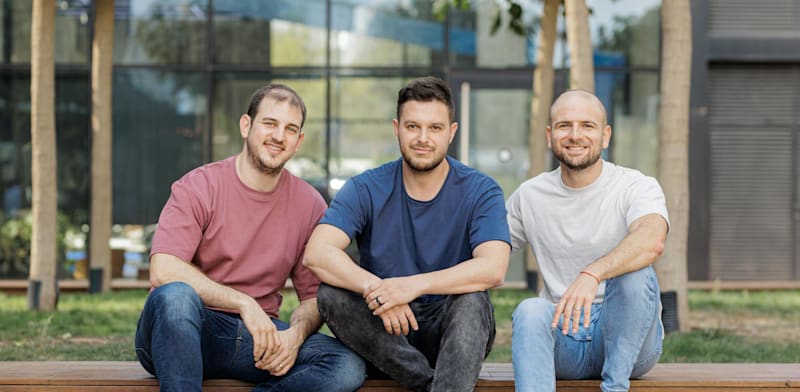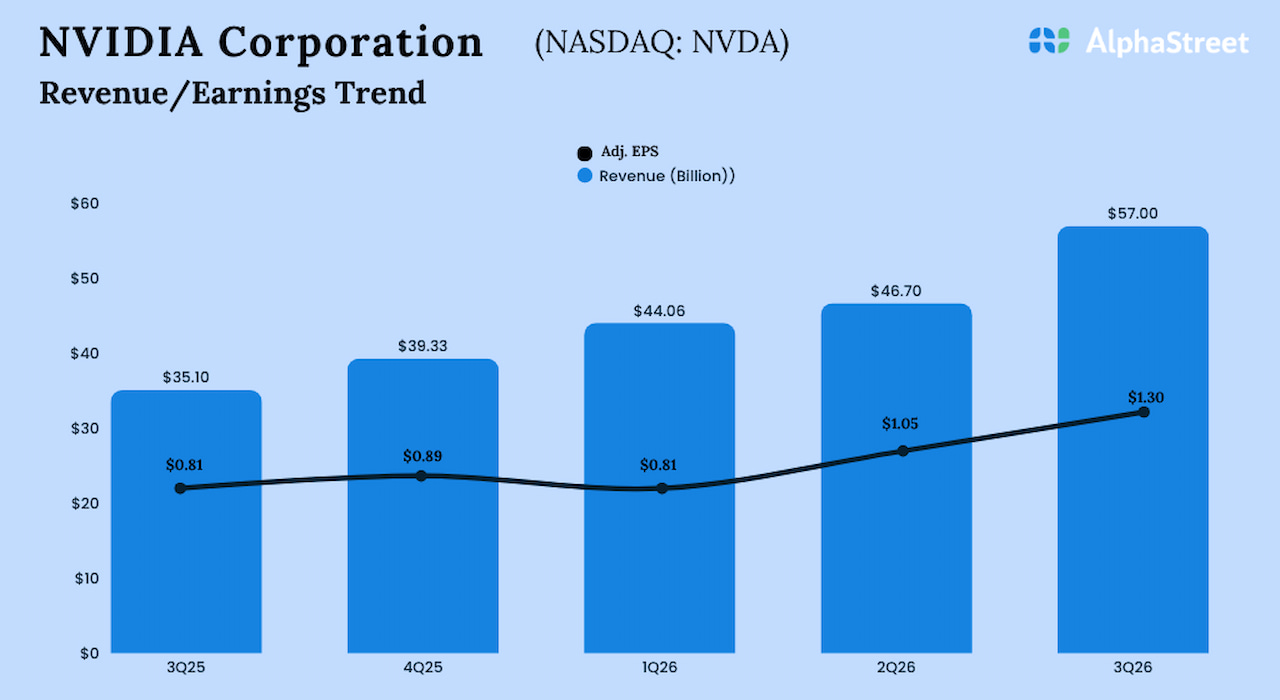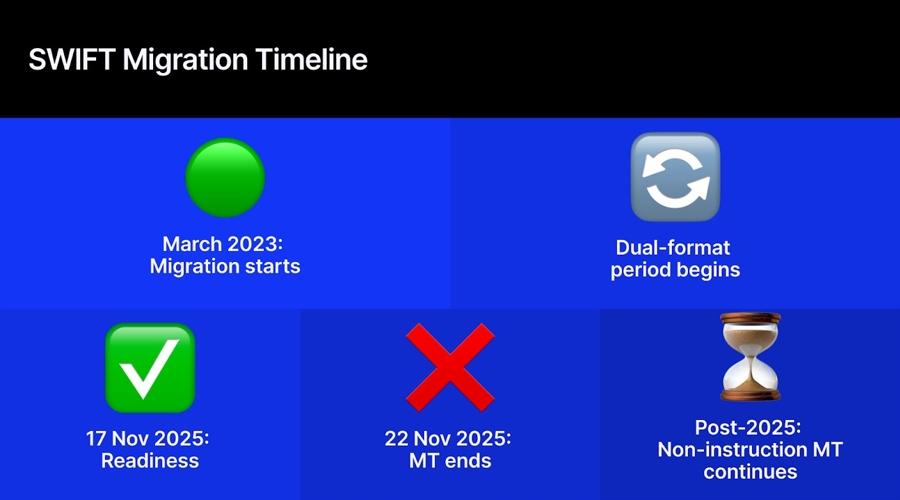Image credits: Philips
Amsterdam-based Royal Philips, a global health technology company, announced on Monday, January 30, that it is planning to downsize its workforce by an additional 6,000 roles globally by 2025, including 3,000 by this year’s end.
In the Netherlands, approximately 1,100 positions will be impacted in 2023, particularly in the Eindhoven/Best and Amsterdam regions, says the company.
“A strong effort will be made to guide people from job to job and, where possible, to retain talent for the region in collaboration with technology companies in the region,” says the company.
In October 2022, the health tech giant announced the reduction of its workforce by 4,000 globally to streamline the work culture and reduce operating expenses.
The announcement comes as Philips aims to improve performance and drive progressive value creation through a focused organic growth strategy.
![]()
Moving forward, the Dutch tech giant says it will focus on extracting the full potential in its image-guided therapy, monitoring, ultrasound, and personal health business segments, scale its enterprise informatics business segment, improve the imaging business, and restore the sleep and respiratory care business segment.
To win in these segments, Philips will concentrate more of its R&D resources on the businesses – 90 per cent compared to 70 per cent in 2022.
Additionally, the company will focus on fewer, better-resourced, and more impactful projects, with patient safety, quality, and customer needs at the heart of innovation design.
According to Philips, the simplified operating model will make the company more agile and competitive, enabling it to deliver more impactful innovations for customers, patients, and consumers, guided by a clear but reduced number of KPIs.
Roy Jakobs, CEO of Royal Philips, says, “Our strategy will focus on organic growth through patient and people-centric innovation at scale, with a strong improvement in execution as a key value driver.”
“We will also urgently enhance the supply chain reliability to improve performance and simplify our way of working to improve our agility and productivity. This includes the difficult but necessary further reduction of our workforce by around 6,000 roles globally by 2025,” he adds.
“I am confident that these comprehensive actions will put Philips on a progressive path to value creation with a sustainable impact to achieve mid-single-digit comparable sales growth and a low-teens Adjusted EBITA margin by 2025, further expanding to a mid-to-high-teens margin beyond 2025,” Jakobs says.
Philips in the Netherlands
Philips announced that the head office will move to Amsterdam Zuidas in early 2025.
The building in the Prinses Irenestraat will be completely renovated into a sustainable workplace that stimulates collaboration for Philips employees.
Further, the Philips Innovation Center in Eindhoven will become the center for Philips’ breakthrough innovations globally.
The production and development centers in Best (high-end medical technology) and Drachten (personal care) will be strengthened with innovation and marketing capacity that was previously centrally filled.
Jakobs says, “We are and will remain a Dutch multinational, and we are proud of that. The Netherlands remains the beating heart of Philips, with two of our largest production and innovation centers in Drachten and Best, the headquarters in Amsterdam, and Eindhoven as the center for breakthrough innovations.”
“Because of our focus, we will do it with fewer people in the Netherlands. I find that difficult and painful for colleagues directly affected by this, but this is necessary.”
“We will therefore take responsibility as a good employer in this respect and guide colleagues from job to job as much as possible.” For example, we are talking to our partners in and around Eindhoven to retain as much talent as possible for the region. In addition, we can absorb part of the natural turnover, and we have a good social plan,” he adds.






































